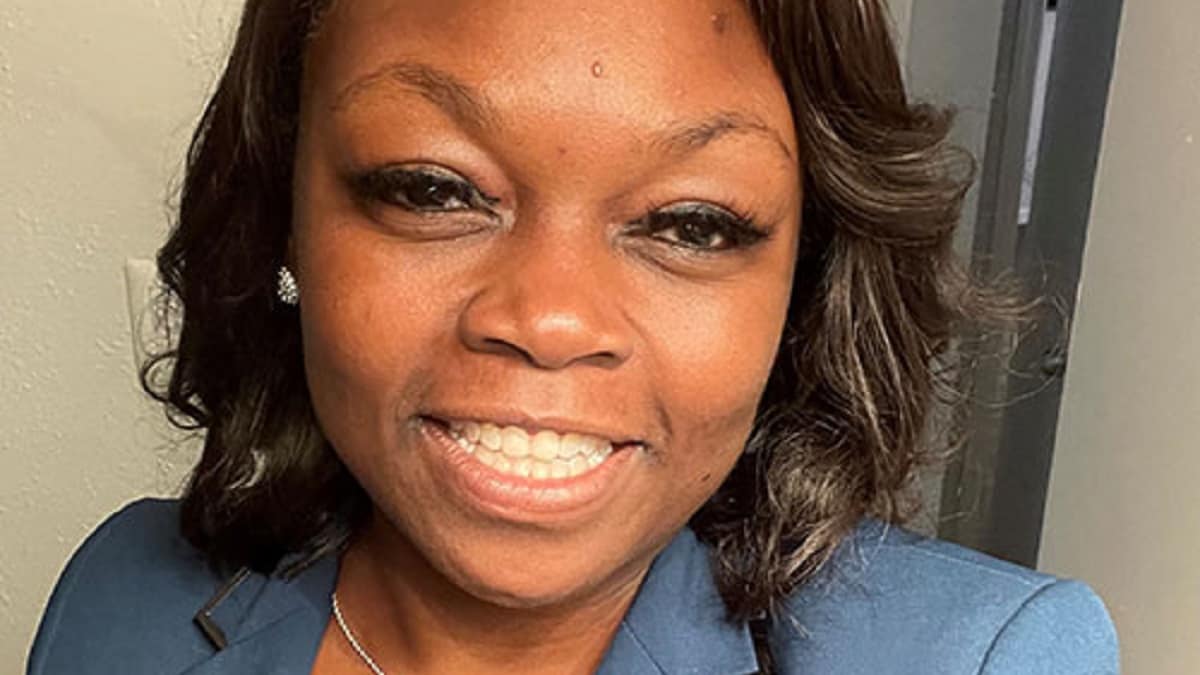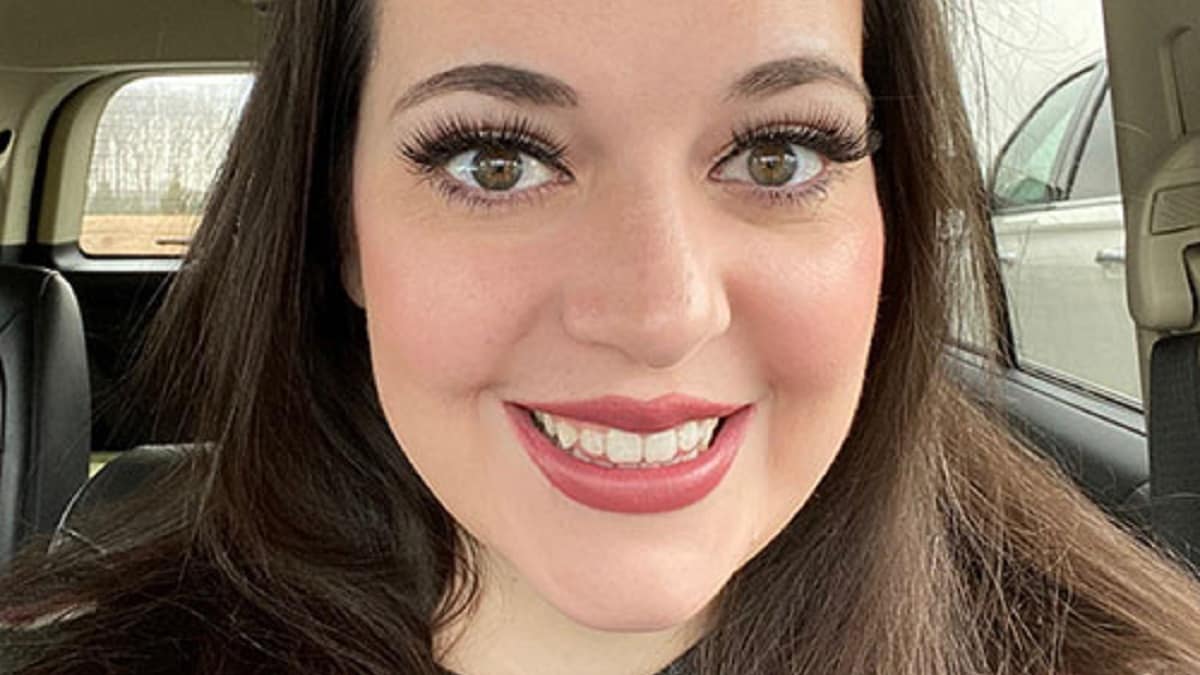Key points
Vision loss is among the top 10 causes of disability in the United States. It can take a major toll on physical and mental well-being. Read the personal stories of people navigating life with vision loss.

Serena's story

In 2003, Serena Valentine was enjoying her college life. Over time, she noticed very low energy, and was losing a lot of weight without trying. A friend became worried and took her to the emergency room, where she was diagnosed with diabetes.
Serena's blood sugar levels were dangerously high and she had a severe kidney infection. Because of her age, doctors initially diagnosed her with type 1 diabetes, but they eventually realized she had type 2 diabetes.
First symptoms of vision loss
Serena was recommended an eye exam as part of her diabetes management. But she put it off for years since she didn't have any symptoms. In 2017, she began seeing floaters (small spots) and had blurred vision in her right eye. She learned she'd developed diabetic retinopathy and had a detached retina.
Serena had surgery to reattach her retina, but because she had a severe case, it didn't work. "Three days after the retina reattachment surgery, I woke up and it was just dark. I had lost total vision in my right eye," she explains. Since then, she's had a retina detachment in her left eye, but this time she immediately started laser treatments. "Today I'm still completely blind in the right eye, but I have about 30% to 35% vision in the left eye."
Coping with low vision
Over time, Serena learned to adapt to her new normal—"a life with half my vision." She carries on with work and raising her son as a single mother. Serena's son has autism and is nonverbal. She relies on visual cues from him to understand what he needs, an added challenge with low vision.
Vision loss also makes it harder to manage her diabetes. She has an expensive glucose meter with voice and colors to read her blood sugar. Serena also can't drive, so she has to find other ways to get around. "When you feel like you're losing your independence and you're an adult, that hurts."
Serena visited a low vision specialist, which was a difficult appointment for her. "It was tough to hear about canes, guide dogs, and special technology." She says it felt like admitting she had a disability. But she knows now that vision rehabilitation doesn't mean giving up who you are. "It's just a way to gain the skills and tools I need."
Preserving her vision and helping others
Today Serena focuses on being the healthiest she can be. She admits that physical activity was and still is hard. But she doesn't let that stop her. She recruited her brother, an exercise specialist, to help her work out safely, and she's lost 70 pounds.
Serena has also become a diabetes peer support educator. She teaches people how to manage diabetes through healthy eating and managing their blood sugar. She emphasizes the importance of eye exams, knowing firsthand how vision loss can impact people's lives.
Although Serena lives with vision loss, she says she's gained more perspective. "I don't take things for granted. I cherish every moment with my son, and I don't allow the words 'I can't' in my vocabulary."
Kristen's story

In 2019, Kristen Craig was diagnosed with rheumatoid arthritis (RA). RA is an autoimmune disease where the immune system attacks healthy cells in the body by mistake. It causes inflammation (painful swelling) in the affected parts—in Kristen's case, her eyes.
Kristen began experiencing painful light sensitivity, redness, and blurred vision in her right eye. At first it was suspected to be pink eye (irritation from an infection or allergies). But after the medicine she was prescribed didn't help, Kristen visited an eye doctor. She learned she had uveitis (u-vee-i-tis).
Uveitis happens when the inside of the eye (called the uvea) becomes inflamed. This causes redness, painful sensitivity to light, and blurred vision. Over time, uveitis can cause scar tissue inside the eye and permanent damage to vision. Although Kristen had been seeing a doctor for her RA, she had no idea it could affect her eyes.
Debilitating flare-ups
When Kristen has a uveitis flare-up, she's in so much pain she can't leave her bedroom. She needs a 21-day course of steroid eye drops and pills to feel better. That also means 21 days of missing out on daily activities, including time with her husband and kids.
Each flare-up means more damage to her eyes, which could mean more vision loss. To help prevent uveitis flare-ups, Kristen receives weekly injections to keep her body from attacking itself. Kristen's uveitis flare-ups have decreased over time, but she knows they'll still happen due to RA.
Healthy lifestyle choices
Kristen explains there's a lot to deal with when your vision is affected. "You're dealing with the mental component, the physical component, and the financial component. I have to see my eye doctor 4 to 6 times a year to monitor my vision." Kristen says each doctor's visit is expensive, in addition to her eye medication and injections. All of this can cause stress, depression, or anxiety.
Managing stress is important to Kristen because it's a big factor in her flare-ups. She enjoys doing yoga or meditating to manage her stress levels.
Although autoimmune diseases can't be prevented, Kristen can prevent other conditions, like type 2 diabetes, that can cause vision loss.
